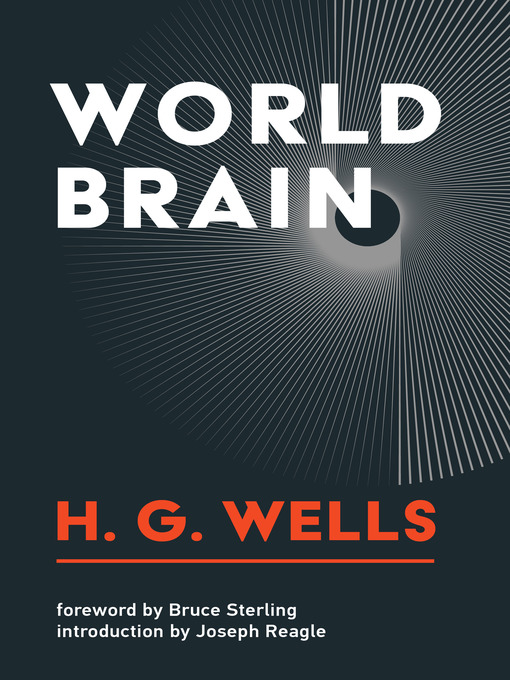- New eBook additions
- New kids additions
- New teen additions
- Romance Any Time
- Mysteries & Thrillers Without the Wait!
- Always Available Travel Guides
- Most popular
- Try something different
- Available now
- See all ebooks collections
- New audiobook additions
- Always Available Audio
- New kids additions
- New teen additions
- Most popular
- Try something different
- Available Now
- See all audiobooks collections
